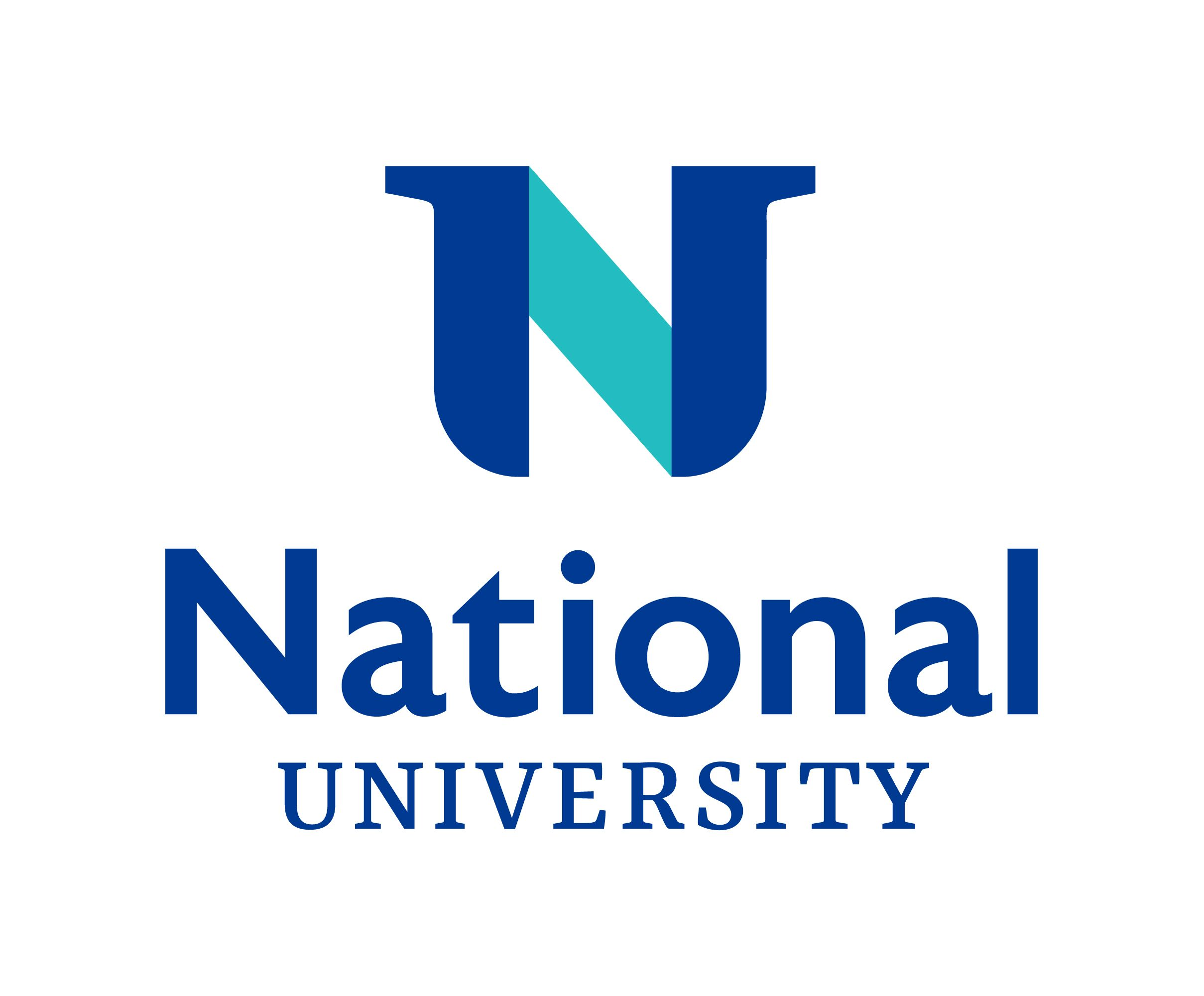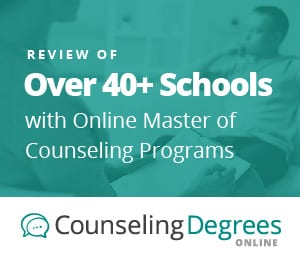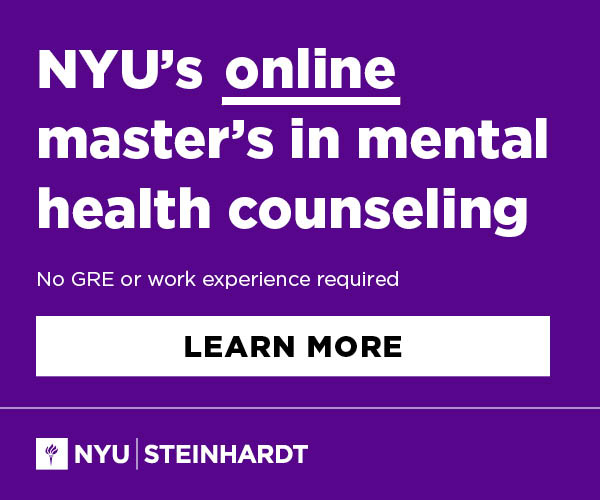What Does a Licensed Professional Counselor (LPC) Do?
A Licensed Professional Counselor (LPC) is a mental health professional trained to help individuals, couples, and families navigate emotional, psychological, and behavioral challenges. They use various therapeutic techniques to assist clients in managing stress, trauma, relationship issues, and mental health disorders.
Key Responsibilities
LPCs provide a range of services depending on their specialization and work setting. Common responsibilities include:
- Conducting mental health assessments and diagnosing psychological conditions
- Developing treatment plans tailored to individual client needs
- Providing individual, group, or family therapy
- Helping clients manage anxiety, depression, addiction, trauma, and other mental health concerns
- Educating clients on coping strategies and behavioral modifications
- Collaborating with psychiatrists, social workers, and medical professionals when necessary
Work Settings
LPCs work in various environments, including:
- Private practice, where they operate independently or within group counseling practices
- Mental health clinics and community health centers providing affordable therapy services
- Hospitals and healthcare facilities, assisting patients with mental health conditions related to medical concerns
- Schools and universities, offering counseling services to students dealing with academic and personal challenges
- Substance abuse and rehabilitation centers, helping individuals recover from addiction
Specializations Within LPC Careers
LPCs often choose to specialize in specific areas of counseling, such as:
- Trauma and crisis counseling
- Marriage and family therapy
- Addiction and substance abuse counseling
- Career and school counseling
- Grief and bereavement counseling
- Behavioral therapy for children and adolescents
These specializations allow LPCs to tailor their practice to the needs of specific populations and advance their careers in targeted areas of mental health care.
Consider a Featured Online Counseling Program
| School and Program Information | Online Program? Entry Requirements |
Course Information |
|---|---|---|
| Walden University
MS in School Counseling
 CACREP Accredited CACREP Accredited |
✔ Online
GRE scores not required |
School counselors help students overcome obstacles and shape successful futures. Walden’s online MS in School Counseling program will give you a solid foundation in school counseling theories, approaches, and best practices while enabling you to gain hands-on experience. Learn More |
| Walden University
MS in Clinical Mental Health Counseling
 CACREP Accredited CACREP Accredited |
✔ Online
GRE scores not required |
Mental health counselors play a valuable role in helping people cope with life’s challenges. Walden’s online MS in Clinical Mental Health Counseling program can help you become the competent, compassionate counselor you know you can be. Learn More |
| Northwestern University
Online MA in Counseling
 CACREP Accredited CACREP Accredited |
✔ Online
GRE Not Required Bachelor's Required |
Prepare to pursue licensure in as few as 18 months Learn MoreFull-time, part-time, and accelerated track options available |
| Northwestern University
Master of Science in Marriage and Family Therapy
COAMFTE Accredited |
✔ Online
GRE Not Required Bachelor's Required |
The COAMFTE-accredited MFT@Northwestern is offered by The Family Institute at Northwestern University. Full-time students can complete the program in as few as 21 months. No GRE is required, but applicants must hold an undergraduate degree. Full and part-time tracks available. Learn More |
| Grand Canyon University
Master's Degree in Counseling
HLC and NASAC Accredited |
✔ Online
|
Clinical Mental Health Counseling master's degree emphases include: Childhood and Adolescence Disorders, Christian Counseling, Marriage and Family Therapy, and Trauma. Designed to meet the academic requirements of the National Board for Certified Counselors for the National Certified Counselor credential, the Certified Clinical Mental Health Counselor credential and the Arizona Board of Behavioral Health Examiners. As a private university, GCU has the same in-state and out-of-state tuition. Learn More |
| Liberty University
MA: Clinical Mental Health Counseling (CACREP Accredited)
 CACREP Accredited CACREP Accredited |
✔ Online
Online with required intensives |
Our CACREP-accredited master’s in counseling degree online can help you become an ethical, well-trained mental health counselor with the knowledge, values, and skills you need to empower others to make positive changes in their lives. Online and on campus. Training Champions for Christ since 1971. Learn More |
| National University
Master of Science in Clinical Mental Health Counseling
WSCUC Accredited |
✔ Online
GRE Scores Not Required |
The Master of Science in Clinical Mental Health Counseling is focused on training highly skilled counselors to provide impactful and culturally sensitive mental health services in their communities. Learn More |
| University of Denver
Master of Arts in School Counseling
Designed to adhere to CACREP standards |
✔ Online
No GRE Required; Minimum GPA 2.5 Required |
Earn a Master’s degree in School Counseling online from the University of Denver. Learn from doctoral-level faculty in live classes and gain experience through mock counseling and in-field training. No GRE required. Complete in as few as 24 months. Learn More |
| Mid-America Christian University (MACU)
Master of Science (MS) in Counseling
Higher Learning Commission (HLC) |
✔ Online
100% Online |
Expand your impact with an online counseling degree rooted in faith-based practice. Mid-America Christian University offers the largest Master of Science (MS) in Counseling program in Oklahoma, with emphasis areas in addiction and substance abuse, applied behavioral science, clinical mental health counseling, and marriage and family therapy. Explore the online MS in Counseling at MACU. Learn More |
*Sponsored Counseling Programs
Online CACREP Accredited programs | Online MPCAC Accredited programs
Counseling Careers
Educational Pathway to Becoming an LPC
Becoming a Licensed Professional Counselor requires completing specific educational milestones, starting with a bachelor’s degree and advancing to a master’s in counseling. The right academic path ensures that aspiring counselors gain the knowledge and skills necessary for professional practice.
Step 1: Earn a Bachelor’s Degree
The first step toward becoming an LPC is earning a bachelor’s degree in a relevant field. While some states do not specify an exact undergraduate major, the following fields provide a strong foundation:
- Psychology
- Social Work
- Counseling
- Human Services
- Sociology
A bachelor’s degree typically takes four years to complete. Coursework in areas such as human development, abnormal psychology, and research methods helps prepare students for graduate-level counseling programs.
Step 2: Complete a Master’s Degree in Counseling
A master’s degree in counseling is required for LPC licensure in all states. Most states prefer programs accredited by the Council for Accreditation of Counseling and Related Educational Programs (CACREP) or similar accrediting bodies. These programs typically take two to three years to complete and include coursework in:
- Counseling theories and techniques
- Ethics and professional standards
- Psychopathology and diagnosis
- Multicultural counseling
- Mental health assessment
Step 3: Take Required Coursework
Graduate programs must meet state-specific counseling licensure requirements, which generally include coursework in:
- Human development and lifespan psychology
- Ethical and legal issues in counseling
- Crisis intervention and trauma counseling
- Research methods in counseling
Some states may have additional coursework requirements, so it is essential to verify state-specific regulations before selecting a program.
Completing the right educational path ensures that prospective LPCs have the necessary knowledge and training to proceed to the licensing and supervised experience phase.
Licensing and Supervised Experience Requirements
After completing the required education, aspiring LPCs must fulfill state licensure requirements, which include supervised clinical experience, passing a licensing exam, and maintaining continuing education for license renewal.
Step 4: Complete Supervised Clinical Hours
Every state requires LPC candidates to complete a set number of post-graduate supervised clinical hours before applying for full licensure. The required hours vary by state but generally fall within the 2,000 to 4,000-hour range.
- Supervised experience typically takes one to two years to complete.
- Candidates work under the guidance of a licensed supervisor, gaining hands-on experience in counseling sessions, client assessments, and treatment planning.
- Supervised hours must be documented and submitted to the state licensing board before taking the licensing exam.
Many states offer associate-level counseling licenses that allow graduates to begin working under supervision before becoming fully licensed. These include titles such as Licensed Associate Counselor (LAC) or similar designations, which serve as a stepping stone toward full LPC licensure. Understanding the differences between LAC vs. LPC can help aspiring counselors navigate the licensure process and determine how to meet their state’s requirements efficiently.
Step 5: Pass the National Counselor Examination (NCE) or State-Specific Exam
Most states require candidates to pass a standardized licensing exam, such as:
- National Counselor Examination (NCE) – Administered by the National Board for Certified Counselors (NBCC), this exam assesses core counseling knowledge and skills.
- National Clinical Mental Health Counseling Examination (NCMHCE) – Required in some states, this exam evaluates clinical competency through case-based scenarios.
- State-specific exams – Certain states require additional exams covering laws and ethics related to counseling practice.
Step 6: Apply for LPC Licensure in Your State
Once candidates have completed their supervised clinical experience and passed the licensing exam, they can apply for full LPC licensure through their state’s counseling board. The application process typically requires:
- Proof of education and supervised experience
- Passing exam scores
- Background checks and fingerprinting
- Payment of state licensing fees
Step 7: Maintain Continuing Education and License Renewal
To keep their license active, LPCs must fulfill continuing education (CE) requirements, which vary by state but often include:
- Completing 20 to 40 continuing education hours every renewal period (typically every two years)
- Attending workshops, seminars, or online courses on counseling techniques and ethics
- Staying up to date with changes in mental health laws and best practices
Following these steps ensures that LPCs remain qualified to practice and continue their professional development throughout their careers.
How Long Does It Take to Become an LPC?
The time required to become a counselor depends on education, supervised experience, and state licensing requirements. The process typically takes seven to ten years from the start of a bachelor’s degree to full licensure.
Estimated Timeline
- Bachelor’s degree – 4 years
- Master’s degree in counseling – 2 to 3 years
- Supervised clinical experience – 1 to 2 years
- Licensing exam and application process – A few months
Factors That Can Speed Up or Delay the Process
The total time to licensure can vary based on:
- Full-time vs. part-time study – Students who enroll in full-time master’s programs complete their degrees faster than those in part-time or online programs.
- Accelerated degree options – Some universities offer accelerated master’s programs that can be completed in as little as 18 months.
- State-specific licensure requirements – States that require more than 3,000 hours of supervised experience will naturally extend the timeline.
- Exam scheduling and processing times – Delays in taking the National Counselor Examination (NCE) or completing background checks can add time to the licensing process.
- Post-graduate employment opportunities – Some states allow provisional licenses that let candidates begin practicing under supervision while completing required hours.
Is There a Faster Way to Become an LPC?
While the minimum time required is typically seven years, students can shorten the process by:
- Choosing a CACREP-accredited master’s program that meets all state licensing requirements.
- Completing supervised experience as quickly as possible by working full-time in a qualifying clinical setting.
- Preparing for the licensing exam early to avoid delays in scheduling and approval.
Prospective counselors should plan their education and training carefully to maximize efficiency without sacrificing the quality of their preparation.
LPC Salary and Job Outlook
Licensed Professional Counselors earn competitive salaries, with income potential varying based on location, specialization, and work setting. The demand for LPCs continues to rise as more people seek mental health services.
Average Salary for LPCs
According to the U.S. Bureau of Labor Statistics (BLS), the median annual wage for substance abuse, behavioral disorder, and mental health counselors—which includes LPCs—was $53,710 in May 2023.
- The lowest 10 percent earned less than $36,700, while the highest 10 percent earned more than $89,920.
- Salaries can vary significantly based on industry, geographic location, and level of experience.
Salary by Work Setting
Earnings for LPCs depend largely on where they work. The highest-paying settings include:
- Hospitals (state, local, and private): $59,090
- Offices of other health practitioners: $55,410
- Outpatient mental health and substance abuse centers: $51,130
- Individual and family services: $51,010
- Residential mental health and substance abuse facilities: $46,880
LPCs in hospital and private practice settings tend to earn higher wages, while those in community mental health agencies or residential treatment programs may earn slightly less.
Job Growth and Demand for LPCs
Employment for mental health counselors, including LPCs, is projected to grow 19% from 2023 to 2033, which is much faster than the average for all occupations.
Key drivers of demand include:
- Increased public awareness of mental health and substance use disorders
- Expanded insurance coverage for counseling services
- Growth in teletherapy and online counseling options
- A rising need for mental health professionals in schools, hospitals, and community health programs
Factors That Influence LPC Earnings
- Specialization: LPCs who focus on trauma, addiction, or marriage and family counseling may have higher earning potential.
- Experience: Entry-level LPCs typically earn less than those with five or more years of practice.
- Location: Urban areas and states with high demand for mental health services often offer higher salaries.
- Private Practice: Counselors who establish their own private practice can set their own rates, potentially earning more than those in salaried positions.
With strong job growth and a steady demand for counseling professionals, becoming an LPC offers both financial stability and career flexibility.
Tips for Success as an LPC
Becoming a Licensed Professional Counselor requires more than just meeting education and licensure requirements. To build a successful and fulfilling career, LPCs should focus on choosing the right graduate program, gaining practical experience, and developing a strong professional network.
Choosing the Right Master’s Program
Selecting an accredited and well-structured master’s program can set the foundation for success. Consider the following when evaluating programs:
- Accreditation: Look for CACREP-accredited programs, as many states prefer or require them for licensure.
- Program Format: Decide between on-campus, online, or hybrid programs based on flexibility needs.
- Internship Opportunities: Ensure the program includes strong clinical training with opportunities for supervised internships in preferred areas of specialization.
Gaining Relevant Experience Through Internships and Supervised Practice
Hands-on experience is essential for developing counseling skills and preparing for licensure. To make the most of training opportunities:
- Seek internships in diverse settings (e.g., private practice, hospitals, schools) to explore different counseling roles.
- Work toward completing supervised clinical hours efficiently by pursuing full-time placements when possible.
- Get exposure to specialized counseling areas (e.g., trauma therapy, addiction counseling) to develop expertise in high-demand fields.
Networking and Professional Organizations
Building a professional network can provide career opportunities, mentorship, and continuing education resources. LPCs can:
- Join organizations such as the American Counseling Association (ACA) or the National Board for Certified Counselors (NBCC).
- Attend conferences, workshops, and networking events to connect with professionals and stay updated on industry trends.
- Engage in peer support groups or online forums to share insights and challenges with other counselors.
By focusing on education, practical experience, and professional connections, LPCs can enhance their career opportunities and establish themselves as effective mental health professionals.
FAQ: Becoming an LPC
How long does it take to become an LPC?
The process typically takes seven to ten years, including:
- Four years to earn a bachelor’s degree
- Two to three years to complete a master’s degree in counseling
- One to two years of supervised clinical experience
- Additional time for licensing exams and application processing
Do I need a doctorate to become an LPC?
No, a master’s degree in counseling is the highest degree required for LPC licensure. Some professionals pursue a doctoral degree (PhD or PsyD) for advanced research, leadership roles, or specialization, but it is not necessary for LPC practice.
Can I become an LPC with an online degree?
Yes, many accredited online counseling programs meet LPC licensure requirements. To ensure eligibility:
- Choose a program accredited by CACREP or an equivalent body.
- Verify that the program includes state-approved supervised clinical training.
- Confirm that the program meets state-specific coursework requirements for licensure.
What is the difference between an LPC and other mental health licenses?
- LPC (Licensed Professional Counselor): Primarily provides psychotherapy and mental health counseling in private practice, outpatient clinics, and community settings.
- LCSW (Licensed Clinical Social Worker): Combines therapy with case management and social services, often working in healthcare and government settings.
- LMFT (Licensed Marriage and Family Therapist): Specializes in couples and family counseling, addressing relational dynamics.
- Psychologist: Requires a doctoral degree and can conduct psychological testing in addition to therapy.
- Psychiatrist: A medical doctor (MD or DO) who can prescribe medication for mental health conditions.
Each license has unique requirements, but LPCs are among the most common mental health professionals providing therapy and counseling services.
Next Steps: Starting Your LPC Journey
Becoming a Licensed Professional Counselor requires careful planning, but following the right steps can make the process more efficient.
- Research accredited master’s programs that meet state licensure requirements, preferably CACREP-accredited.
- Understand state-specific licensing rules, including required exams and supervised experience hours.
- Explore financial aid options, such as scholarships and employer tuition reimbursement programs.
- Gain relevant experience through internships, volunteer work, or entry-level mental health positions.
By taking these steps, aspiring LPCs can enter the field with the right education, experience, and credentials to build a rewarding career in mental health counseling.























